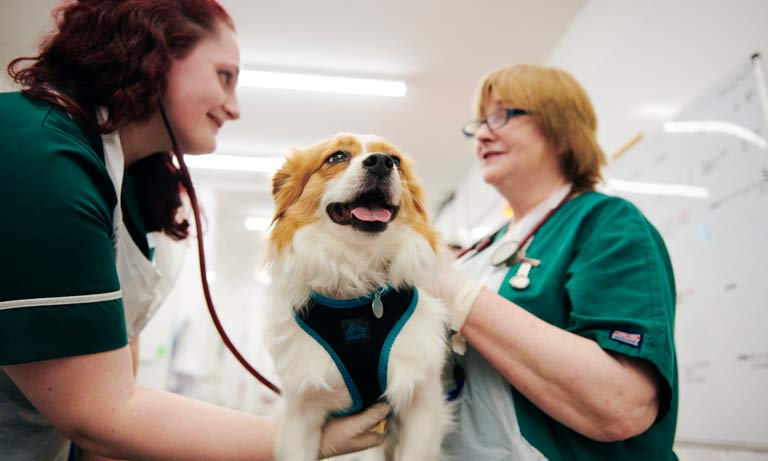Brucella canis: what vets need to know
14 Feb 2024
04 May 2023 | Anna Judson | Animal Health | Medicines
BVA Junior Vice President Anna Judson introduces our newly released resources which will help vets kick off conversations with clients about how to use parasiticides safely.

March was quite a month! While Imperial College released the striking and important results of their research on the presence of pet parasiticides in freshwater, David Attenborough was busy captivating us with the Wild Isles TV shows. In ‘Saving our Wild Isles’ he said: ‘We now have a few short years during which we can still make a choice. Where just enough remains of the natural world to recover. This starts and ends with us.’
Salutary results and impactful words which left many feeling motivated and keen to act. Yet we all know how easily resolve and good intentions risk being swept away under the daily sea of urgent cases and pressing events.
BVA, in conjunction with BSAVA and BVZS, has been busy developing extra resources and practical tips to help both Team Vet and clients in support of our joint policy on the responsible use of parasiticides for cats and dogs.
Justine and Megan’s past blogs have eloquently described BVA’s work and journey leading to the development of the parasiticide policy. Justine showcased the 5 Point Plan Poster, giving clear steps to take in practice, a key one being to take a risk assessed approach to prescribing parasiticides. This useful reminder can help you and your vet team prepare for any questions your clients may have about these products.
With most owners preferring to get their parasiticide products from vets, practice teams are pivotal to the safe, effective, and needs-based use of these products. So, BVA, BSAVA and BVZS have produced waiting room posters and PowerPoint slides to trigger advice queries from clients, plus a leaflet which can be handed out, emailed or added into postal prescriptions.
While our previous resources focussed on when to use parasiticide products, these client-facing graphics are designed to help mitigate risks whenever treatments do need to be used. They promote the importance of reading labels and product inserts, which contain key information on the correct and safe handling and application of the products. They also cover top tips such as not bathing pets immediately, to reduce product loss into rivers direct or via domestic plug holes, protecting wildlife and improving product efficacy on the pet.
The benefit of talking to your vet is emphasised, which opens the door to conversations about individualised, risk based, parasite control plans. They also cover the need to appropriately dispose of dog faeces, and empty containers or unused products, to reduce environmental harms.
Parasiticides are an essential part of the armoury against zoonotic disease and to support animal health and welfare, but their use doesn’t come without the risk of harm. Whether this is from human contact with the products, the increasingly understood and significant impact on aquatic invertebrates that underpin many food chains, or the development of resistance impacting future animal welfare, veterinary health professionals can play a valuable part in reducing these risks by following the BVA, BSAVA and BVZS responsible use of parasiticides for cats and dogs advice and guidance.
Please share the resources widely, and use them to build on conversations with clients about safe and effective use of parasiticides, whilst also encouraging owners to think about the impact on biodiversity. One Health in action from #GreenTeamVet!
Get tailored news in your inbox and online, plus access to our journals, resources and support services, join the BVA.
Join Us Today